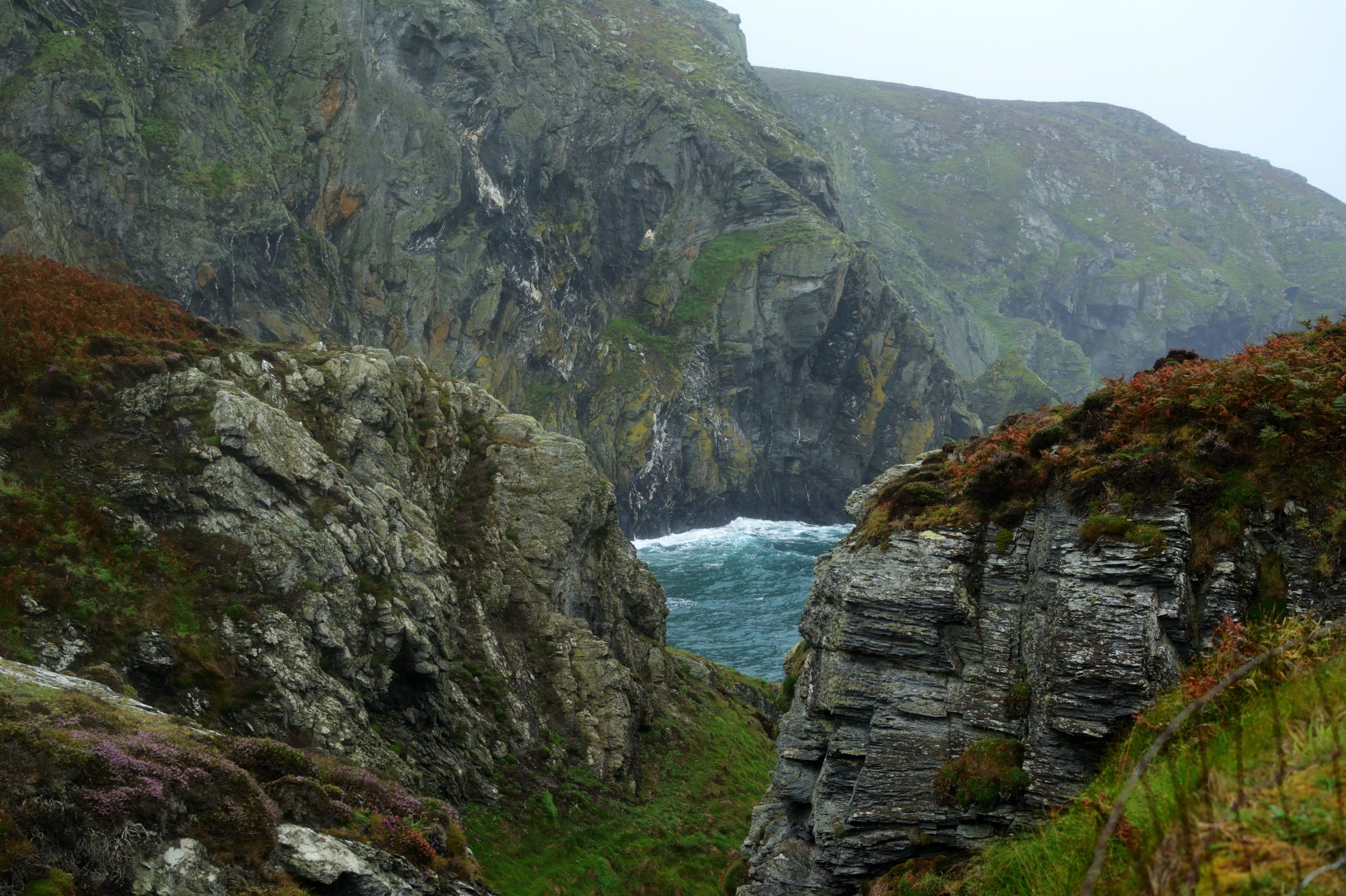How marine ecosystems in Ireland can support climate action

New research at Universities in Ireland aims to define how much carbon is stored within our seas. The Universities of Dublin, Cork and Galway are working together on two major research projects investigating how Ireland’s marine habitats can support the fight against climate change.
The study explains that the waters of Ireland and its associated ecosystems store carbon dioxide and can reduce overall carbon concentrations in the atmosphere. The amount of stored carbon and exactly how much could be reduced from human-based emissions is yet to be quantified. The €2.6 million projects, supported by the Marine Institute and the Environmental Protection Agency, will be led by several academics from the University College of Dublin over the next few years.
Exploring Blue Carbon in Ireland
The research teams plan to determine how blue carbon, the amount of carbon dioxide uptake from the atmosphere via natural marine and coastal environments, can contribute towards climate action. Scientists will explore the capacity of carbon sequestration in seabed sediments. They hope this can support Ireland in their target of reducing greenhouse gases by over 50% by 2030, enhancing biodiversity measures and determining how blue carbon can be a part of future climate policies.
Paul Connelly, the CEO of the Marine Institute, explains that the research will be vital in delivering a deeper understanding of how marine and coastal environments in Ireland can play a critical role in providing carbon sinks to mitigate the impacts of climate change. Connelly believes that having the ability to understand the storage and uptake of carbon from marine habitats could prove vital in supporting national and European climate management policy targets.
The project represents a vital step in meeting EU nature restoration goals, defining how marine habitats collect and store carbon, reduce coastal erosion and possible flooding.
The research by the Marine Institute also intends to create the appropriate development, regulation and use of Marine Protected Areas and larger marine planning measures, including the National Marine Planning Framework. Grants have gone towards several projects, including BlueC, a project headed up by the University College of Dublin exploring the blue carbon potential in Ireland. Another project referred to as Quest will investigate the past and present carbon storage reserves in coastal and offshore sediments.
Ocean and coastal marine systems play a critical role in the global carbon cycle, representing one of the biggest long-term carbon sinks. Ireland contains two blue carbon environments, saltmarsh and seagrass meadows, and an expansive marine area with other potential blue carbon networks.
Mark Couglan, the key investigator on the Quest Project at the University College of Dublin, explains that Ireland has significant marine reserves capable of sequestering and storing large amounts of carbon in seafloor sediments and habitats.
There is currently insufficient data on the carbon storage potential of these ecosystems and a lack of decisive management plans that hinder the potential to incorporate these environments into future climate policies. A critical part of the study will focus on delivering a comprehensive insight into the carbon storage capacity of blue carbon habitats and including this in the National Inventory Greenhouse Gas report for the UN Framework Convention on Climate Change.
All News
